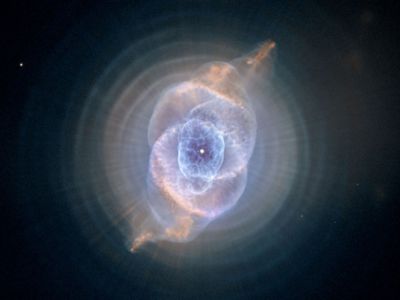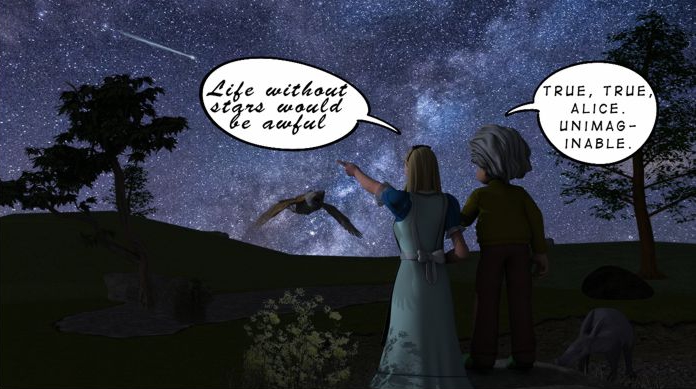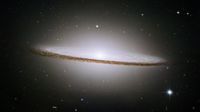The girl who had never seen stars
Our friends, Valmae and Michael, were living on the Tinderbox Peninsula in southern Tasmania at the time, a place far removed from Hobart’s bright lights. Being fishermen whose products largely went to Japan, they often hosted Japanese visitors. On this occasion, their visitor was a twenty-one-year-old lass from Tokyo. After dinner one evening she decided to have a walk in the garden. Moments after she went outside, Valmae and Michael heard her becoming nearly hysterical.
They rushed out, expecting to find her being attacked by an intruder. Instead, she was looking up at the night sky, shouting, crying and squealing all at the same time. She had never seen a star before! Yes, that is the honest truth. She had lived all her life in Tokyo, where the bright city lights at night block out all view of the heavens. She was shocked at the heavenly spectacle that those who live in the darkness that God created and intended us to enjoy take so much for granted.
Even many who do grasp the riches of the heavens’ bounty nevertheless do not appreciate the constant changes taking place in astronomers’ understanding of our heavenly home. Practically every new major space exploration project, and every major advance in data gathering techniques yields amazing new facts. Time and time again the nature of the increased knowledge is such that it requires the wholesale abandonment of old theories and the proposal of new ones. Astronomy, in short, undergoes constant revision.

NASA, ESA, HEIC, and The Hubble
Heritage Team (STScI/AURA)
Not only is the field of space knowledge in a state of constant flux, it periodically undergoes changes of understanding of sufficient magnitude to be best described as “revolutions”. You can almost predict it: astronomers are just beginning to think they have really got most aspects of the universe fairly well under wraps when, suddenly, a discovery is made that throws basic understanding into confusion.
The term “infinite” cannot be applied to the universe itself (though some astronomers have begun to argue that it can, and that our universe is only one of an infinite number), but it certainly can be appropriately used to describe the God who created it. The seemingly endless vastness of space runs in perfect order because of exquisite precision in the design and crafting of all its parts. Such precision can be explained only by recourse to an infinitely competent “universe-maker”, just as a finely-engineered laser-guided missile can only be explained by recourse to pretty smart missile-makers.
To God be the glory
Who knows if God used a “big bang” as the universe’s starting point? Space is expanding. Extrapolating backwards indefinitely certainly suggests a moment of infinitesimal smallness as its starting point. What sort of mind would it take to pre-set the staggering series of controlled stages through which it must have gone to reach the magnificent, ordered universe we know today, just as the fertilised ovum contains all the necessary information to produce, step by step, a living human being? Many astronomers will not accept that such a brilliant being could possibly exist. That’s the real problem people face — the inability to grasp the possibility of such a Being being.
Like his son, Solomon, David pondered the material order, and marvelled at it. While Solomon looked down at things that sprang from mud, David looked up and saw stars (Ps. 8:3‑4). Seeing them, he marvelled at the greatness of God, and the insignificance of man. Yet how much more you and I know today than he ever knew! What would he have given to have access to the same knowledge?
Three thousand years later, through the work of notables such as Isaac Newton, James Maxwell, Max Planck, and Albert Einstein, men thought they had learned most of what there was to learn about the universe. They had even learned, by the time World War I broke out, that the fuzzy nebulae that stargazers had spotted in their telescopes centuries earlier were nothing less than enormously distant islands of stars. This quantum leap in astonomical knowledge, far from heralding the climax of human understanding of space, was just the beginning. The works of God’s hands are full of surprises. As the Psalmist famously said, “The heavens declare the glory of God; and the firmament shows His handiwork” (Ps. 19:1).
Nobody has to hang his or her head in shame when confessing conviction in the power and majesty of God. Isaac Newton didn’t. And more and more astronomers today are willing to come out of the closet. You are not alone.





